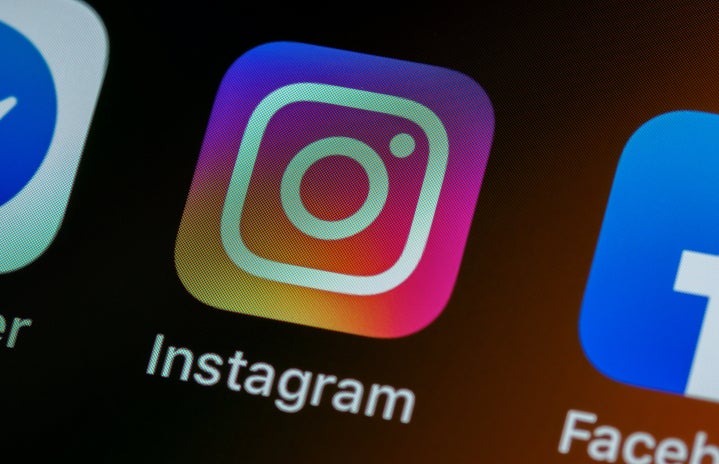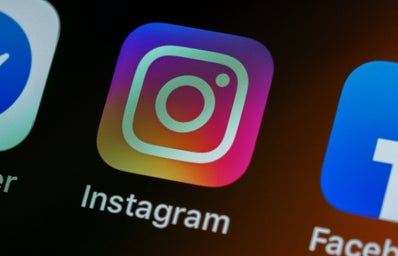From overpriced avocado toasts to trendy workout classes, the idea of self-care has recently reached new monetary requirements. Self-care – originally defined as an activity that is done intentionally in order to sustain one’s emotional, mental and physical health – has transformed into a presentation of wealth, especially on many social media platforms. Good self-care can help to reduce anxiety, improve mood and enhance one’s relationship with themselves and the people around them. However, toxic self-care, based primarily on expenditure and image, can have the complete opposite and detrimental consequences, and unfortunately, anyone with an Instagram account can tell you about the increasing popularity of this rising form of so-called “self-care.”
As Lizzo so eloquently stated, “I understand how difficult it is to ‘just love yourself’ in a society in which the media quite literally tells us that we don’t have enough money to love ourselves.” This is so evidently seen by simply searching #selfcare on Instagram, where over 20 million pictures show up, predominantly composed of lifestyle bloggers posing in luxurious-looking gyms and spas, showing off their new manicures and eating gluten-free and everything else-free breakfasts. Now although this may still be a form of self-care for those who can afford this lifestyle, the problem is that the strong emphasis on this form of self-care on social media has turned self-care into a symbol of status. This has deterred people who are unable to afford these luxuries from participating in activities that help their physical, emotional and mental health.
It seems that what millennials understand as self-care is extravagant and aesthetically-pleasing activities that may not always align with actually helping oneself mentally or physically. This brings up the important question of whether the new self-care movement, which has quickly surpassed social media, and now even has a flourishing genre of books and podcasts dedicated to it, is truly about emotional health, or whether it is actually a capitalistic ploy set up by major industries to make more money off the unrealistic goal of self-perfection (which does NOT exist and is not an attainable goal). Many businesses have created marketing strategies around the idea of self-care, contributing to the ever-expanding $10 billion self-care industry.
So how can we practice self-care without giving into the toxic emphasis on luxury created by the capitalistic pursuit for profit? Simply, take some time out of your day to do something that YOU love and something that makes you feel good. Cold-pressed kale juice does not make everyone happy, and that is okay! Listen to what your body wants- that is the best form (and should be the only form) of self-care. Take an extra hour to sleep in, exercise daily, go outside, cuddle with a loved one, get organized, read, meditate… the list goes on and on!
We, as millennials, tend to grasp onto the media’s emphasis on living an attractive and luxurious life, which is heavily influenced by our favorite celebrities and bloggers. However, millennials must come to understand that self care is about helping yourSELF, not your image and supposed wealth on an artificial social media platform.



